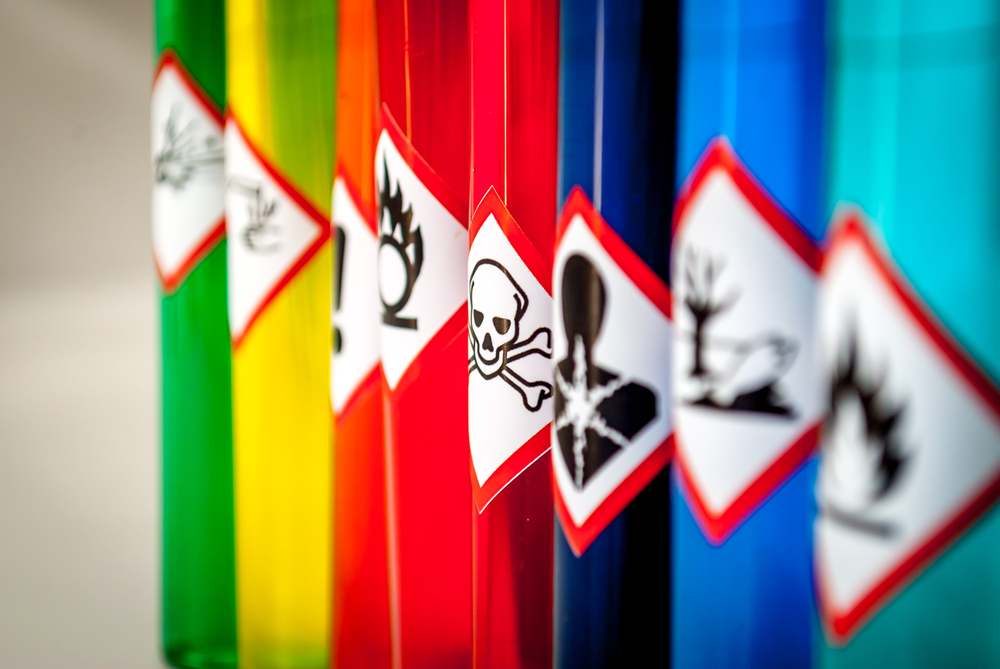
A training course on strengthening toxic chemical response capabilities for first responders from Latin America and the Caribbean was recently co-hosted by Uruguay’s National Authority and the Organization for the Prohibition of Chemical Weapons (OPCW).
The course featured experts in the fields of chemical, biological, radiological, and nuclear (CBRN) threats; chemical warfare agents; toxic industrial chemicals; individual protective equipment; threat detection; and decontamination best practices.
Participants also had the opportunity to test emergency response procedures currently used by their home countries and discussed new methods to add to their response practices.
Uruguay’s Minister of National Defense Jorge Menendez highlighted the importance of OPCW capacity-building programs in a speech to event participants.
“As the organization marks two decades since its inception, Uruguay remains firmly committed to upholding the principles of the Chemical Weapons Convention and to contributing to its effective implementation,” Menendez said.
In total, the event hosted 27 representatives from 16 OPCW member states including Argentina, Brazil, Chile, Colombia, Costa Rica, Cuba, Dominican Republic, Ecuador, Guatemala, México, Nicaragua, Panamá, Paraguay, Perú, Uruguay, and Venezuela.
OPCW serves as the implementing body of the Chemical Weapons Convention. Entered into force in 1997, the convention represents the most-successful disarmament treaty in history targeting an entire class of weapons. To date, approximately 95 percent of all chemical weapons stockpiles declares by OPCW’s 192 member states have been destroyed under the organization’s verification.




